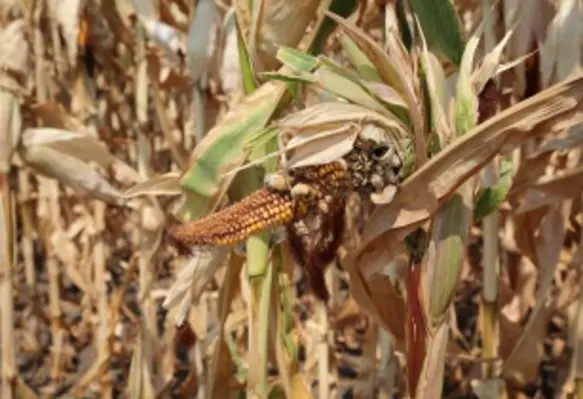Scoular, one of the leading feedstuffs, grains, and oilseeds distributors in Indonesia and Myanmar, is adding another market to its distribution footprint in the Asia-Pacific: Vietnam
Crops
Seed treatment by Syngenta to target nematodes and diseases

Syngenta reports that the parasite can have a devastating impact, with yield losses of up to 12% globally per year. (Image source: Adobe Stock)
Syngenta Crop Protection’s Seedcare business has recently unveiled VICTRATO, a novel technology with a combination of nematode and disease control for growers looking to increase the quality and yield of their crops and support the long-term health of their soil
China tops the world in important agricultural heritage systems
The Food and Agriculture Organization of the United Nations (FAO) has ranked China first in the world in the number of Globally Important Agricultural Heritage Systems (GIAHS) said the Ministry of agriculture and rural affairs of China
Kubota invests in production value optimising platform
Kubota Corporation, the Japanese agricultural machinery company has invested in Parcel THRIVE, Inc., a US agriculture technology startup company
Supporting food industry with insect breeding
Bühler Group, known for plant and equipment and related services for processing foods and manufacturing advanced materials is officially opening Insect Technology Center (ITC)




